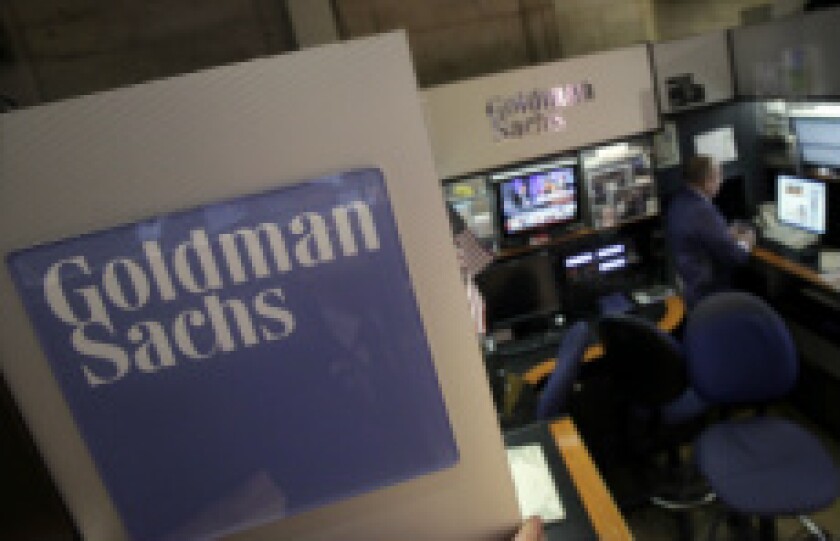Another four big banks sign on to US bookbuilding project

Goldman Sachs and three other major banks have signed up to the project to build a joint electronic bookbuilding system for the US investment grade market, joining Bank of America Merrill Lynch, Citi, and JP Morgan and giving the new platform a strong shot at total market dominance. Goldman’s merchant banking arm sold Ipreo, the main rival to the new project, last week.
Unlock this article.
The content you are trying to view is exclusive to our subscribers.
To unlock this article:
- ✔ 4,000 annual insights
- ✔ 700+ notes and long-form analyses
- ✔ 4 capital markets databases
- ✔ Daily newsletters across markets and asset classes
- ✔ 2 weekly podcasts
